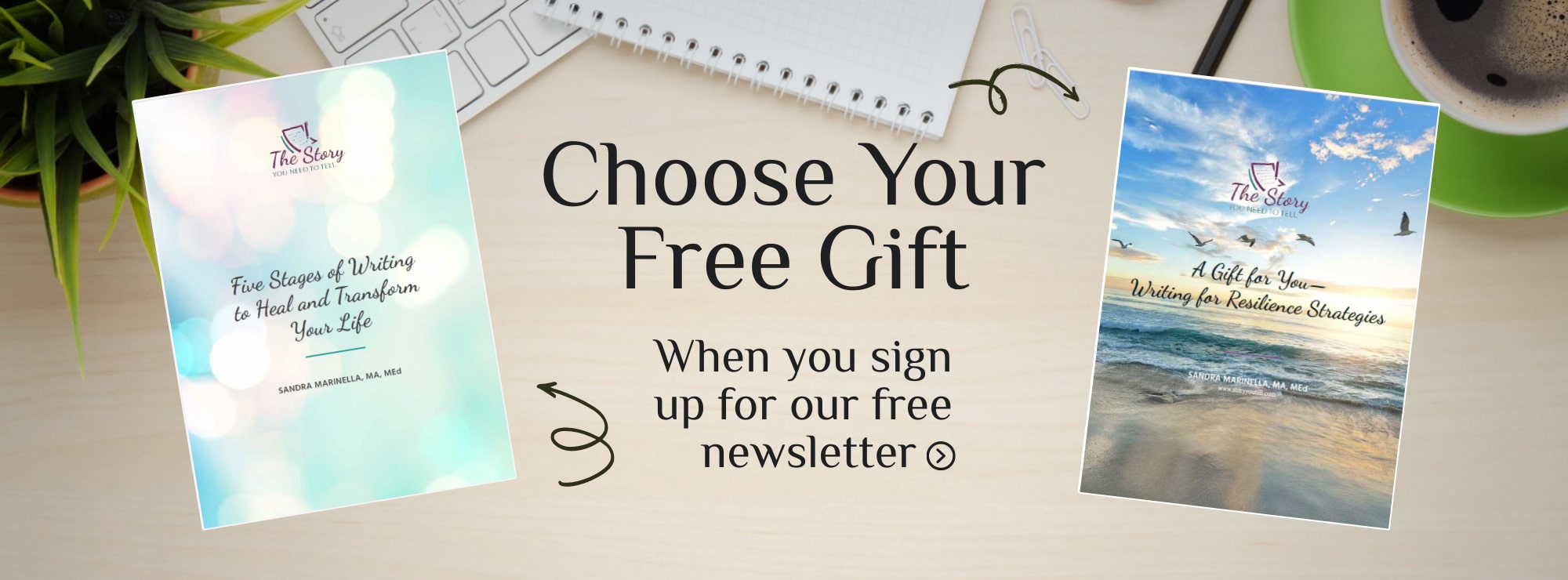I Am Becoming
When characters have flaws, they intrigue us. Voldemort? Holden Caulfield? Amy Dunne? Jay Gatsby? They certainly had flaws! In the past few days, I have been caught up in the life of Jules Jessup, an eccentric artist and main character in Clare Pooley’s best-selling book, The Authenticity Project. At 79-years-old Jules believes people are not honest with one another. He writes his truth in a plain green journal and leaves it in local café, where the owner Monica finds it and writes her truth. (She wants a baby, not a career.) Over time other characters encounter the journal and share their deeper truths.
Eventually these writers begin to connect at Monica’s Café. As the story unfolds, readers discover that the aging Jules Jessup exaggerates, constantly claiming he has hung out with the rich and famous from Ralph Lauren to Princess Margaret. The reader forgives this eccentric and flawed character because he is lonely, entertaining, and seemingly good-at-heart. Slowly we realize how many untruths, the man who created “the authenticity project,” is telling. Jules claims to be 79, but he is really 85. He has been grieving the cancer death of his wife for fifteen years—but her story is not at all what he claims! Maybe because he is old, the reader can forgive him for such stretches of the truth. He may suffer from dementia or perhaps, like all of us, he simply integrates these untruths, or what scientists call confabulations into his life. These untruths lock onto his brain and help him make sense of his world. And yes, neuroscience shows us how this works.
Neuroscience and psychology teach us that we have an inner voice that speaks to us constantly. Psychologist Ethan Kross calls this buzz in our head “chatter.” In our lives, and in the stories we tell and write, our inner voice can lead us badly astray. It certainly caused Jules Jessup trouble. Jules’ wife left him and for good reasons, but Jules could not live with that truth. It was too painful. To deal with it, his mind created the cancer story because it comforted him, and it allowed him to grieve his wife while garnering sympathy from others. Eventually he came to fully believe this story.
Indeed, our minds can be unreliable narrators. But neuroscientists show us there are good reasons for these untruths. We have so many stories and experiences tumbling around in our heads, we struggle to keep them straight and many of the experiences don’t seem to fit. Think about it. Most of us have retold a childhood story and had it rebuffed by a sibling or parent who shared the same experience, but when they recount it, the tale sounds like it happened on another planet. As we tell and retell stories we change and misremember them.
Imagine all the stories bumping around in our heads. The interpreter in our left brains allows us to juggle these experiences and make sense of what could become chaos. This interpreter allows us to feel grounded and in control of the world as we know it—even when the going gets tough. Although that helps us iron out the confusion and survive amid all the conflict and inconsistencies of stories that bombard us daily, it also means we accept and believe untruths. We are not consciously lying; we are confabulating to make the best sense of what we know and what we can live with. According to neuroscientists, this is part of being human.
Back to Jules Jessup. I began to write about him in my journal because he reminded me that we often recreate our memories to help us cope. Sometimes we convince ourselves we are more heroic than we are—as Jules did. Or sometime we allow negative chatter to convince ourselves that we are “less” than we are, that we can’t achieve what we want. Maybe—we can’t write. But then maybe we can!
I see this self-doubt all the time in my workshops. But, more importantly, I also see the resilience that can come of writing. I witness writers who consciously decide to reinterpret their own difficult stories. They begin to see themselves differently as they write. They choose to write themselves forward and write the way they see the world in more honest and more upbeat ways. Here are two examples from a recent class where my writers were asked to read a poem and to finish this sentence–“I am becoming . . . “ (see the writing prompt in this newsletter for more detail.)
I don’t believe it is untrue to say that writing can help us see through the pain and mistruths in our chatter and write our way home.
A special thank you to each of these lovely writers:
From Tanya Hanton
I am becoming the woman I longed for.
“knows she’s a survivor—
that whatever comes,
she can outlast it.
I am becoming a deep
weathered basket.”
I am a survivor and I have the scars to prove it. From belly button to pubis. Above my nose and on both arms and hands. I’ve had surgery after surgery and two cancer bouts. Twice my loved ones were told that it was my last day on earth. But, here I am! I have learned the hard way to be hopeful and ever grateful. I love life more fully since I no longer take it for granted. And I have learned to always say I love you often because you just don’t know.
From Pam Sheppard
BECOMING – THE CLAY POT
I am becoming more of the woman I once was
Becoming more of my heart, more of belonging, more of my ancestors – less of projections
more real, more alive – the clay on the potter’s wheel
Shaped and formed, flattened down, built up, wobbly but ready to be fired, – imperfections and all – becoming robust and strong.




